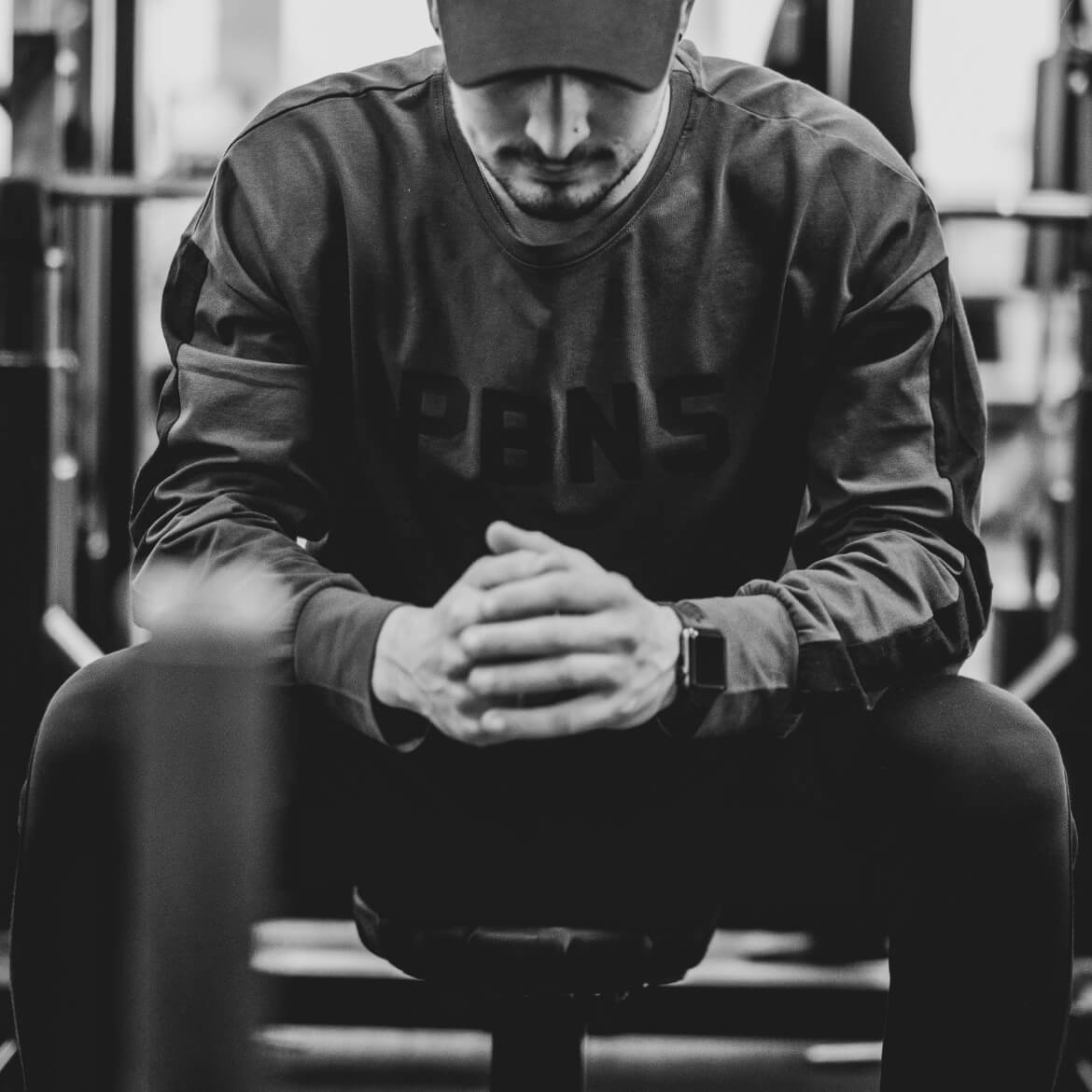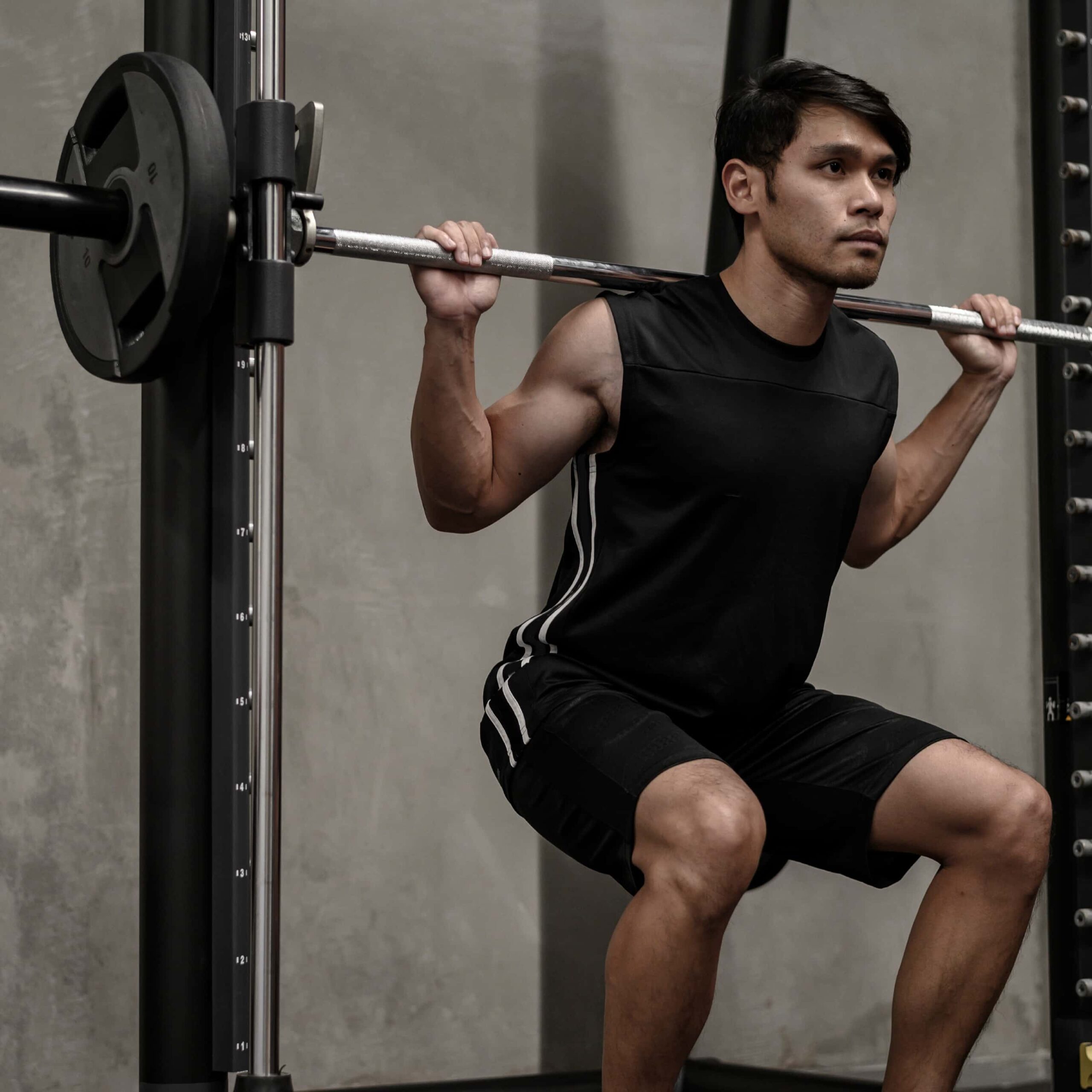Losing Weight on a Vegetarian Diet
29th Jun 21

Vegetarian diets are trendy nowadays for many reasons, the main one being the benefits it has on the environment. It is important, though, to know the ins and outs before diving into a whole new way of eating. One big question that comes with vegetarian diets, however, is weight loss. Questions like, can you lose weight on a vegetarian diet, or should I become vegetarian to lose weight? The reasons behind swapping diets depend on the person, but it’s important to know what you can and can’t eat to keep yourself healthy at the same time.
Want to move fast? Jump to the right section below.
Should I Go Vegetarian to Lose Weight?
It really depends on how much research you’ve done. Many people think that just cutting out meat makes you vegetarian, but this can result in losing a lot of nutrients that meats provide. If you want to become a vegetarian, you need to know what nutrients you are losing and find foods that fit the diet to replace the meats with.
The other issue is it can be easy to cut out meats and eat more other foods, like bread and pasta. These foods can lead to an increase in weight, and they lack fibre, meaning they don’t reduce your hunger as much, making it easy to overeat.
Choosing a vegetarian diet to lose weight is possible, but you need to make sure you are fully aware of the types of foods you should be eating on a vegetarian diet and which you need to stay healthy and lose weight.
Can I Lose Weight on a Vegetarian Diet?

Now the main question is, can you lose weight on a vegetarian diet? People choose a vegetarian diet for many reasons, such as to help the environment or for their health. That doesn’t mean you should stop being able to diet should you want to lose a few pounds. As we have already mentioned, it is important to get all the nutrients you need. So if you cut your meat, you need to find a vegetarian alternative that provides the same things your body needs.
Vegetables & Carbs
A big part of losing weight is filling yourself with low-calorie foods that keep you feeling fuller for longer. For vegetarians, these are non-starchy vegetables like broccoli, cauliflower and leafy greens. Eating plenty of these will reduce the chances of you wanting to snack throughout the day. To top up those foods that fill you up, you can try complex carbs such as whole grains and fruits.
Proteins

Making sure you have protein in your diet is very important. Ideally, you need protein such as beans, nuts, dairy products and soy foods (like tofu) in every meal. Proteins are good for snacks during the day, too, so make sure to pack plenty to keep you going throughout the day. Just make sure you watch your portion sizes if you aim to lose weight, as these can be quite high in calories.
Whole & Processed Foods
One thing that stays the same for losing weight is to eat lots of fruit and vegetables. Whole, unprocessed foods are best and are really low in calories, so they are good to snack on or to fill up a plate for a meal.
Whether on a vegetarian diet or not, an important thing to avoid is processed foods such as meat alternatives and frozen meals. Despite being marketed as vegetarian and healthy, they are often very high in salt, sugar and additives that you can’t remove. If you are trying to lose weight, these types of foods are not the way to go.
It is possible to lose weight on a vegetarian diet, but it is just as important to do your research beforehand. Cutting foods out of your diet can have side effects on your health, and it is important to make sure you make up for these with foods that fit your diet. However, if you want to lose weight, don’t just opt for a vegetarian diet because you think cutting meat out will help. Look into other diets and other options to find one that suits you, and again, do your research!

Before beginning any exercise or nutrition program, consult your physician, doctor or other professional. This is especially important for individuals over the age of 35 or persons with pre-existing health problems. Exercise.co.uk assumes no responsibility for personal injury or property damage sustained using our advice.
If you experience dizziness, nausea, chest pain, or any other abnormal symptoms, stop the workout at once and consult a physician or doctor immediately.









